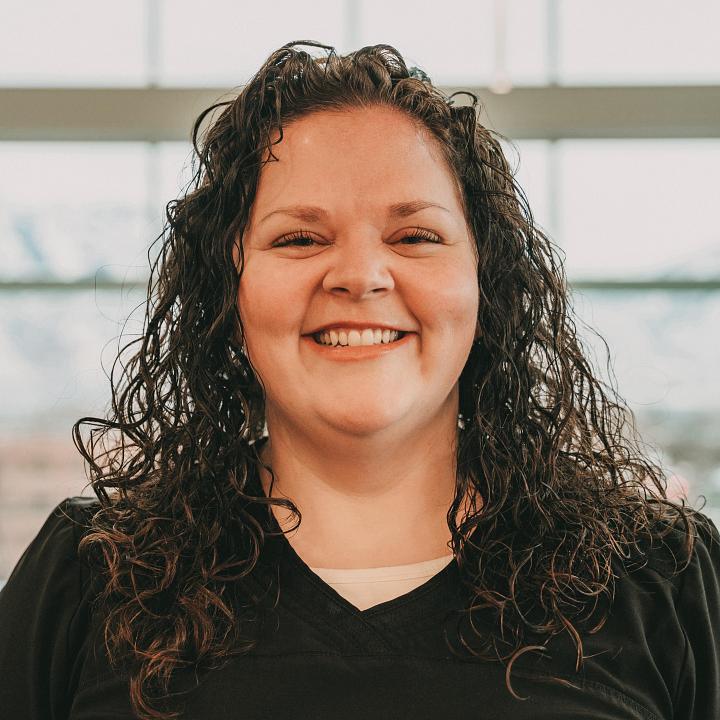

Autoimmune Fellowship
Autoimmune Bullous Disease Clinical Research Fellowship
This fellowship is a non-ACGME accredited clinical research fellowship. The formal employment title is “Post-doctoral Research Associate” within the Department of Dermatology at the Spencer F Eccles School of Medicine. The position has direct reporting responsibility to the Autoimmune Physicians (Drs. Jennie Clarke, Margaret Cocks, Christopher Hansen, Zach Hopkins, Christopher Hull, Jamie Rhoads, and John Zone). The primary mentors are Zach Hopkins, MD and The Bertram H. and Janet Marshall Schaap Presidential Endowed Chair in Honor of John J. Zone, MD.
The overarching goal of the fellowship is to prepare the fellow for a residency in dermatology and a career in academic dermatology, by providing an in-depth clinical research experience in inflammatory skin disease. The program is configured to correspond to our faculty's expertise, current projects and resources of the department. The tools used to educate the fellow include a case-based clinical experience, publication, presentation, and mentorship. Success is reliant on the fellow's dedication to being an eager mentee and accountability to specific commitments.
Eligibility
MD degree, preference for post-PGY1 year. Applications from medical students will also be accepted.
Timeline
12 months (July 2025-June 2026)
Program Locations
UHealth Midvalley Health Center in Murray and UHealth University Hospital in Salt Lake City, Utah
Expectations
The fellow is expected to :
1. Attend weekly autoimmune clinics with the Autoimmune physicians listed above.
-
The fellow’s role in clinic is to function as a dermatologist-in-training and to take ownership of specific cases of interest. This includes writing clinic notes and letters, following up on laboratory/other diagnostic testing and collaborating with the immunopathologists and dermatopathologists on any pathology studies.
2. Assemble presentations and case series of interesting cases.
-
At a minimum, at least 2 first-author conference presentations and 2 publications should be planned.
3. Identify a topic for a research project in the first 2 months of the fellowship with the assistance of mentors. This project needs to be submitted for publication before the end of the fellowship year.
4. Attend the monthly noon autoimmune conferences and provide updates on cases and/or research activities.
5. Attend other departmental educational conferences (Dermatology Grand Rounds, journal club, research-in-progress lectures held on Fridays) and if desired, attend resident/medical student lectures (with permission of residency/educational leadership)
6. Arrange and conduct weekly meetings with the primary mentors.
7. Act as a sub-investigator on current clinical projects of faculty including:
-
a. Ultraviolet light projects of Dr. Christopher Hansen
-
b. Herpes simplex studies of Dr. Christopher Hull
8. Complete CITI training to facilitate human subject research projects.
9. Obtain membership to the Medical Dermatology Society and present at their annual meeting.
Assessment/Evaluation
It is important to obtain and to respond to formal and informal feedback on a frequent basis. Weekly meetings with the mentor are advised, to ensure close oversight of progress. The fellow is responsible for arranging regular meetings to determine and achieve milestones. The mentors will assist with data collection, validation, data analysis and interpretation, and poster and manuscript preparation. It is the role of the mentee to ask for help if resources, support or additional direction are needed.
This fellowship is not affiliated with our Dermatology residency program and does not guarantee an interview or position in the residency.
Salary Support



